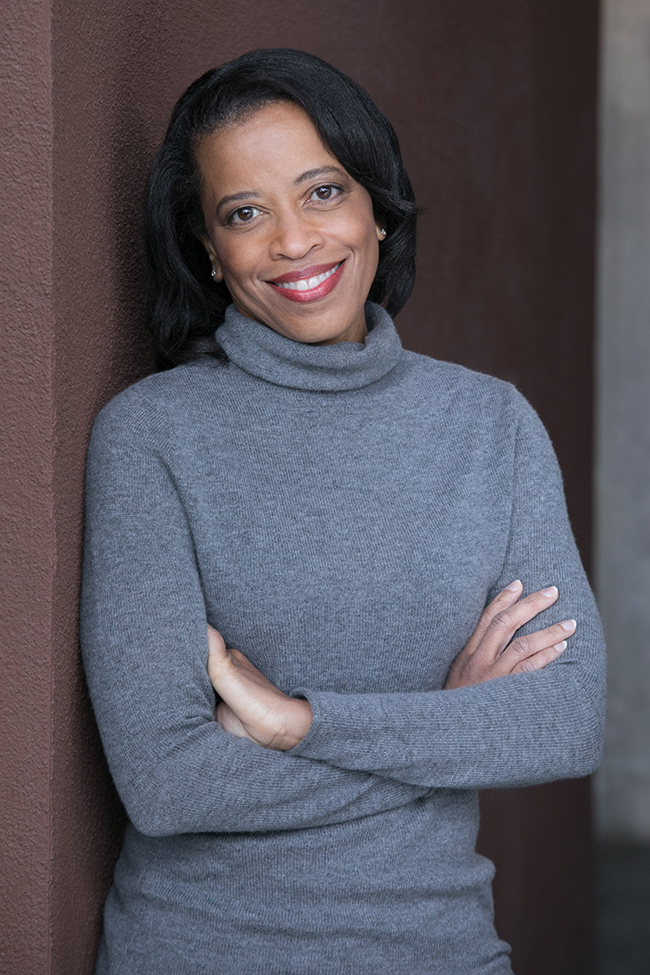
By Alison Rooney
Rhonda Magee, a law professor at the University of San Francisco, will be speaking at the Garrison Institute on Friday, Oct. 5, on mindfulness and social justice. To register for the free event, email [email protected].
What is “mindfulness”?
It’s a way of being in contact with the sensation of being alive. When you are in that place, you can say, “This is the best way to respond.” There’s no suppressing of emotion, as that leads to injury. Mindfulness encourages you to figure out the most effective way to respond when you recognize that anger is present, so you avoid denigrating or shaming someone. It allows you to pause, note the temptation to be reactive, and deal with it.
Do people confuse mindfulness with passivity?
Sometimes. That’s why it’s best for people to experience mindfulness, because they will see how it leads to feeling more awake, more alive. The Western image of mindfulness is of a person sitting on a cushion. But most of the teachings emphasize that it’s important that it show up in everything you do, on and off the cushion — there’s a line between the two.
Lawyers often need to be adversarial. How does that work with mindfulness?
The usual model for lawyering is knowledge, skills and values. Good lawyers may not need to be adversarial to serve their client; there are many ways to resolve conflicts. Just because you know how to fight doesn’t mean it has to be a battle. Sometimes you can resolve conflicts with a conversation, mediation, space, listening.
Is mindfulness solely a Buddhist concept?
Practices of mindfulness owe something to the broadly conceived Buddhist teachings that help us know our minds more effectively. But, there’s nothing specifically Buddhist in developing a practice of paying attention to oneself. Some of my most inspired and inspiring teachers have been secular practitioners. They’ve helped adapt Buddhist teachings after recognizing they were available to any human wishing to engage. Some people appreciate the science that shows the benefits of mindfulness, particularly in relation to immune systems, and in basic healing. Perceiving the positive, the possible, opens up opportunities for new ways of being.
How do you persuade someone to try it out?
Help create spaces to engage with particular problems in the community. It’s a delicate and challenging practice, with people all entering through different doors, attending to the spaces between them. It helps to be in a supportive community, because it is stressful on the front lines. A heart-based commitment to caring then becomes a commitment to justice.
